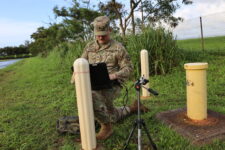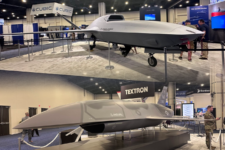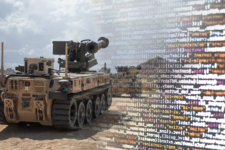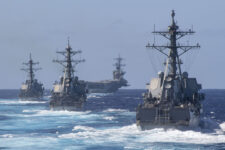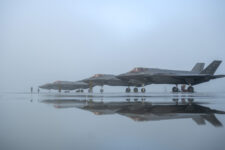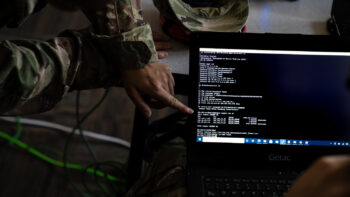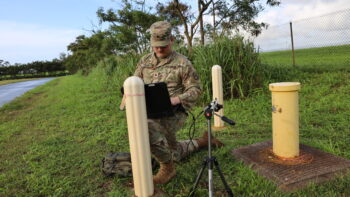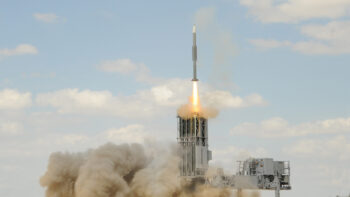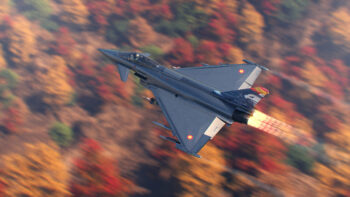 National Harbor: Strong, sustained cooperation for future military investments is the only way NATO will survive the massive budget cuts being pushed through by many of its partner nations, a top alliance official said today.
National Harbor: Strong, sustained cooperation for future military investments is the only way NATO will survive the massive budget cuts being pushed through by many of its partner nations, a top alliance official said today.
Cooperation between NATO nations on building and maintaining its arsenal is critical “because there is no other choice”, Gen Stephane Abrial, NATO’s supreme allied commander for transformation, said during his speech at the Air Force Association’s annual symposium here.
Finding ways to increase cooperation among NATO members will be front and center at the organization’s upcoming summit in Chicago, IL next year, he added.
For many NATO countries, finding additional dollars for defense spending has “become a political difficulty”, with a handful of those nations eying reductions upwards of 50 percent to national security coffers, according to Abrial.
While those cuts will hit hard across NATO’s entire slate of capabilities, it will be the alliance’s air fleet that will be hurt the most, he said. That said, a number of alliance members have already taken steps to stem that tide, Abrial added.
The NATO nations the fly the F-16 have banded together to share operations and maintenance responsibilities for those aircraft. That effort, Abrial added, is a perfect example that “things are working already.”
While the NATO transformation chief’s call for more unity among the alliance, he did admit the plan had its limits. For example, Abrial noted that there was no way NATO could replicate the way DOD and the services specialize in certain requirements.
The U.S. model, in which the Air Force, Army and Navy are the main providers for air, land and sea power respectively, simply “does not work” at the country level, Abrial said.
Since each NATO nation has its own fleet of fighters, ships and tanks, the alliance is forces to “accept a certain level of duplication” of capabilities in its operations, he noted.
The trick is, according to the NATO general, is to get the level of interoperability “in the broadest sense” among partner nations to the point where that duplication is canceled out. The alliance’s recent peacekeeping operations in Libya, he added, was a perfect example of that.
Despite those recent successes in Libya, NATO has come under fire by the United States for not pulling its weight in other coalition operations like Afghanistan and Iraq.
However, Abrial said those criticisms did not discount the fact that “the need for collective defense” provided by NATO still remains, even if the threats have changed since the days of the Cold War.
That said, the United States and its allies could stand “to lose a lot” if the alliance is allowed to falter under the tremendous weight of the budget pressures currently facing its members.
Space Force celebrates 5th anniversary at growing Spacepower Conference
Our latest eBook offers updates on the Space Force and SPACECOM, showcasing the latest tech, and the challenges of modern space operations.


